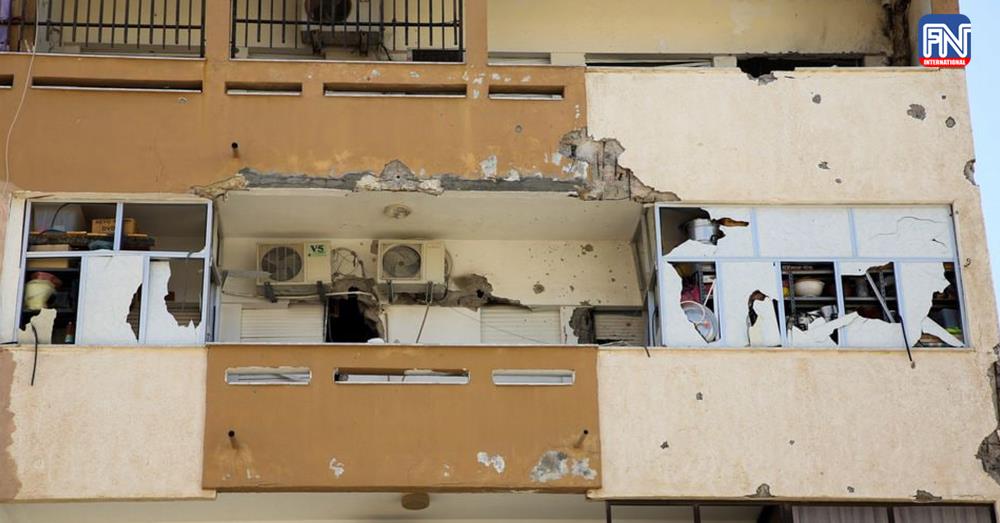TRIPOLI, Aug 28 (Reuters) - Charred cars and buildings pockmarked by bullets scarred Libya's capital on Sunday, the day after intense fighting killed 32 people yet appeared to leave the Tripoli government more firmly entrenched.
Battles raged across the city throughout Saturday as forces aligned with the parliament-backed administration of Fathi Bashagha failed to take control of the capital and oust the Tripoli-based government of Abdulhamid al-Dbeibah.
On a tour of the city on Sunday, Reuters saw workers clearing glass and debris from streets littered with spent ammunition casings, as fighters aligned with Dbeibah stood in front of bases seized from forces affiliated with Bashagha.
Traffic had returned to many roads as residents inspected damage to their property.
The clashes erupted and ended suddenly. But the brief nature of the flare up has not quashed fears of a wider conflict resuming between rivals after months of stalemate in a nation that has endured more than a decade of chaos and violence.
Libya has had little peace since the 2011 NATO-backed uprising that ousted longtime autocrat Muammar Gaddafi, splitting the nation in 2014 between rival eastern and western factions and dragging in regional powers. Libyan oil output, a prize for the warring groups, has repeatedly been shut off.
Bashagha's prospects of seizing control in Tripoli, which lies in west Libya, appear badly dented for now but there is no sign of a broader political or diplomatic compromise to end the struggle for power in Libya.
The powerful eastern faction that backed Bashagha, including parliament speaker Aguila Saleh and commander Khalifa Haftar with his Libyan National Army, have given little indication that they are ready to reach an accommodation with Dbeibah.
Saleh's parliament, based in east Libya, said Dbeibah's government had exceeded its term and appointed Bashagha to replace him early this year after the collapse of a political process to prepare for elections. Dbeibah challenged this.
